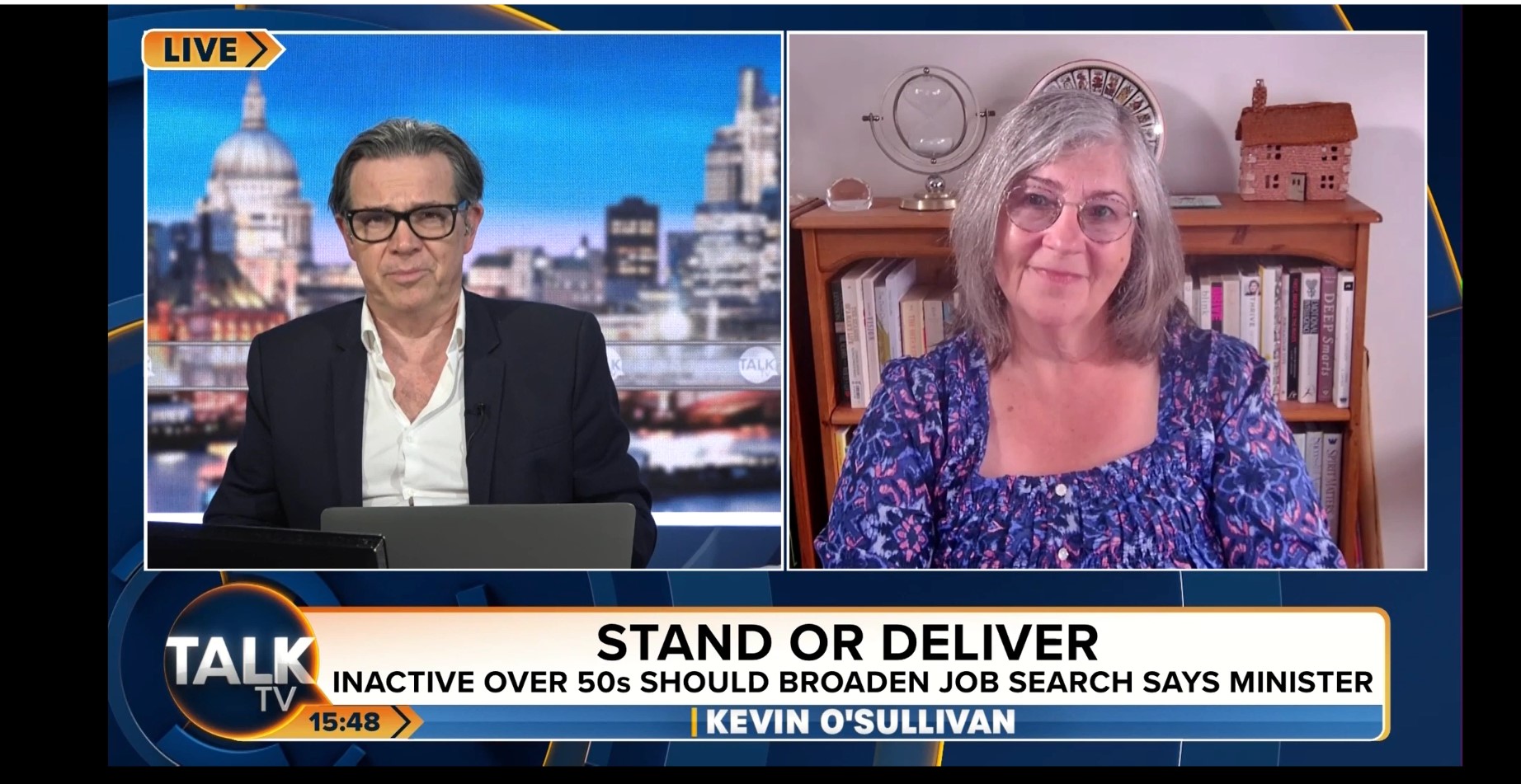1: Know who you are Understand who you are and what you enjoy. Look at your skills, interest, abilities, values and preferences. Look at where you have achieved success both at work and in your non-work life.
2: Be prepared and organized You need to treat job-hunting as a full time occupation. If you are currently in full time work you should be spending a minimum of 10 hours a week on job search. Be prepared for rejection. Be prepared for the job search to take 6 months or even longer.
3: Research work that interests you via informational interviews Make a list of all the types of work that interests you. Find people who are doing the work. Arrange to see them for an informational interview where you can find out more about the job and decide if it still interests you.
4: Create an amazing CV This should be targeted for each particular career role you are interested in. Be sure to use punchy details and what you have achieved, rather than descriptions of the task you had to do.
5: Network Networking is about giving and receiving information, ideas and recommendations and support. Let people know what you are looking for, and seek to help others as well.
6: Contact potential employers Be proactive and contact companies you are interested in working for. You do not have to wait for a job to be advertised.
7: Have a support system Job search can be discouraging and challenging. You will need people who can support you, motivate you and keep you moving forward until you land the job you want. They can become a network of people helping you create more contacts, places to research and ways to get what you want.
8: Develop successful interview skills At interview you need to demonstrate your self-confidence, your interest and enthusiasm for the work you are applying for and your positive attitude.
9: Post interview follow up Take notes and evaluate how well the interview went. Look at what went well, what you need to improve upon, the skills you need to highlight more next time and how well the interview went.
10: Send a follow up letter After the interview send a follow up letter to thank them for their time and consideration. This is your chance to reiterate your desire for the position and why you are most qualified for the job.
Denise Taylor is a double award winning career coach and Chartered Psychologist with Amazing People, established in 1998. When you are unsure of your career future, need help with job search or seek to improve your presence in an online world, Denise can help. Denise is the author of 7 books including How To Get A Job In A Recession, Now You’ve Been Shortlisted and Fat to Fantastic





